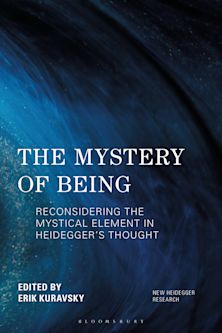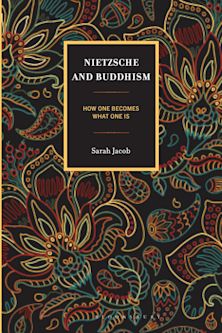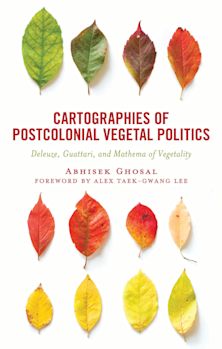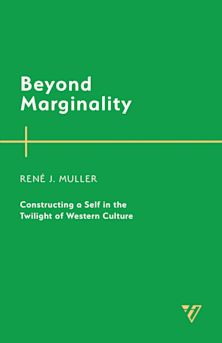Deleuze at the End of the World
Latin American Perspectives
Deleuze at the End of the World
Latin American Perspectives
This product is usually dispatched within 3 days
- Delivery and returns info
-
Free CA delivery on orders $40 or over
Description
The philosophy of Deleuze is as relevant to contemporary thought as it is obscure and complex. Deleuze at the End of the World guides readers through this maze by exploring the raw material that Deleuze took from thinkers in various fields of knowledge to construct his own concepts, some of them well known (such as Hegel, Kant, Husserl, Balibar and Blanchot) and some widely unexplored (Selme, Guillaume, Bakhtine and Dalcq). At the same time, readers will gain access to Latin American perspectives on contemporary philosophy.
Contextualized with an Introduction by one of the pioneers of the Deleuzian Studies at a global level, Dorothea Olkowski, this book provides both a unique tool for comprehending the philosophy of Deleuze, but also insight into to the way it has been read in the periphery of the American and European scholarship –where “the end of the world” means not only a geographical contingency, but the encounter of thought with its own limits. This collection is both a refreshing approach to Deleuzian philosophy, as well as a continuous and innovative experience of thinking.
Table of Contents
Chapter 1. The Logic of the Notion as a Logic of Sense, by Julián Ferreyra
Chapter 2. Empirical Degradation and Transcendental Repetition. On Selme's Critique of Entropy and Deleuze's Theory of Intensity, by Rafael Mc Namara
Chapter 3. Subject and Passivity in Husserl and Deleuze, by Andrés Osswald
Chapter 4. Gustave Guillaume's "Reverse Causation": An Invocation to Deleuze from Linguistics, by Matías Soich
Chapter 5. Time and Representation. Husserlian Echoes in the Development of the Temporal Synthesis, by Verónica Kretschel
Chapter 6. Resonances of the Voice of Being. Analogy and Univocity in Deleuze and Kant, by Pablo Pachilla
Chapter 7. Double Death and Intensity in Difference and Repetition, by Solange Heffesse
Chapter 8. Series, Singularity, Differential: Mathematics as a Source of Transcendental Empiricism, by Gonzalo Santaya
Chapter 9. Indirect Discourse and Ideology: Bakhtine in A Thousand Plateaus, by Santiago Lo Vuolo
Chapter 10. For reading History: The
Product details
| Published | May 11 2022 |
|---|---|
| Format | Paperback |
| Edition | 1st |
| Extent | 214 |
| ISBN | 9781538149744 |
| Imprint | Rowman & Littlefield Publishers |
| Illustrations | 6 b/w illustrations;3 tables; |
| Dimensions | 230 x 156 mm |
| Publisher | Bloomsbury Publishing |
Reviews

ONLINE RESOURCES
Bloomsbury Collections
This book is available on Bloomsbury Collections where your library has access.



































